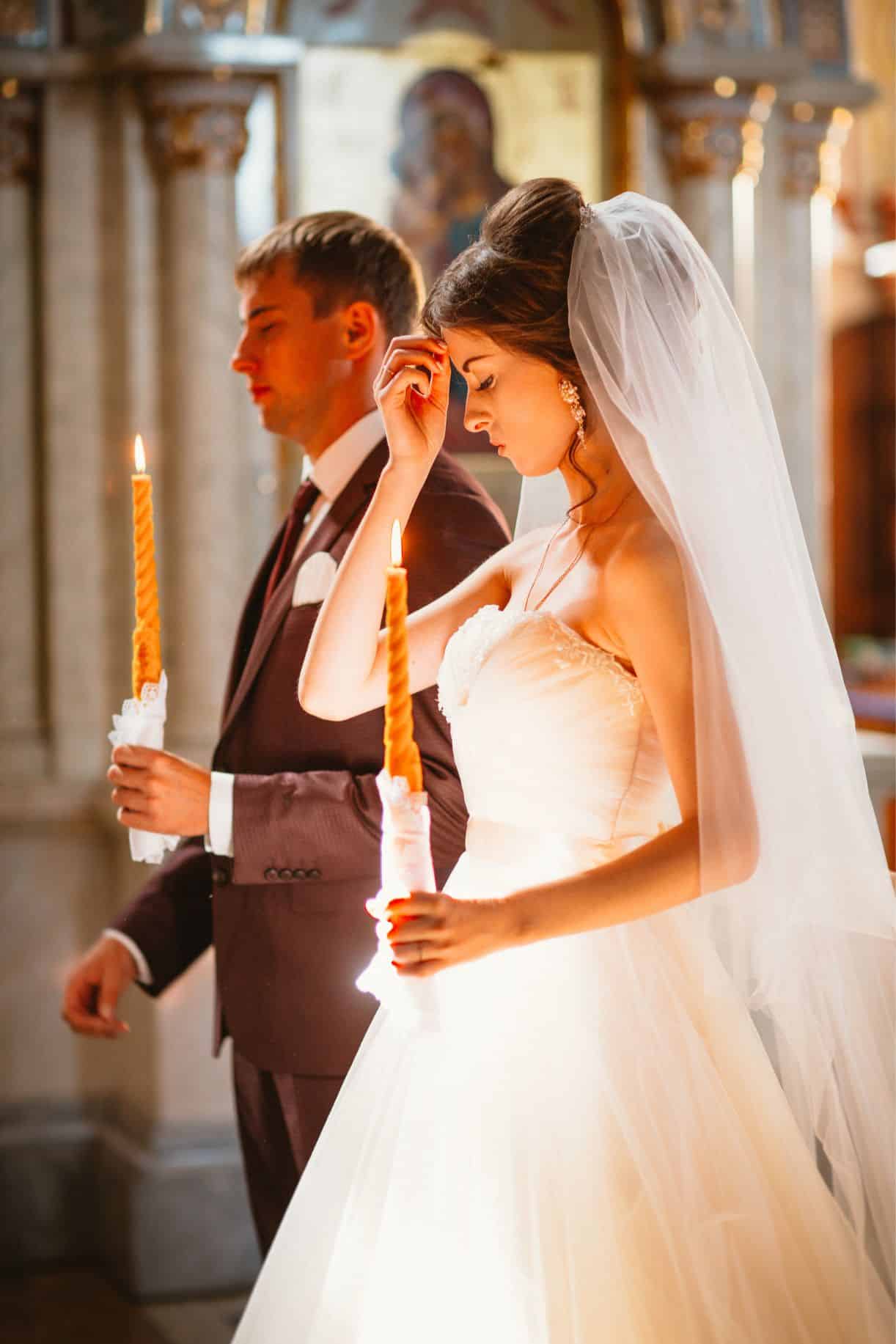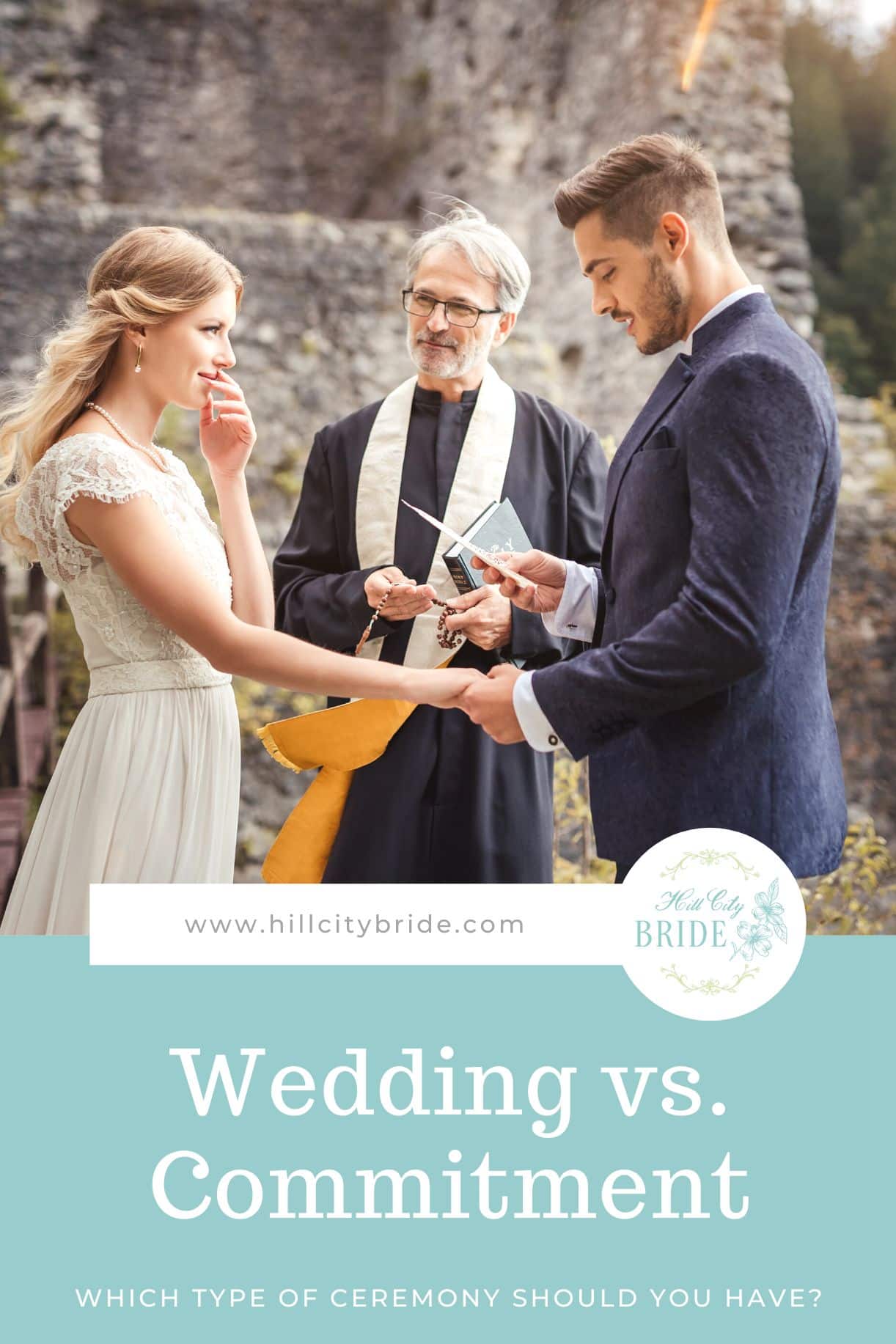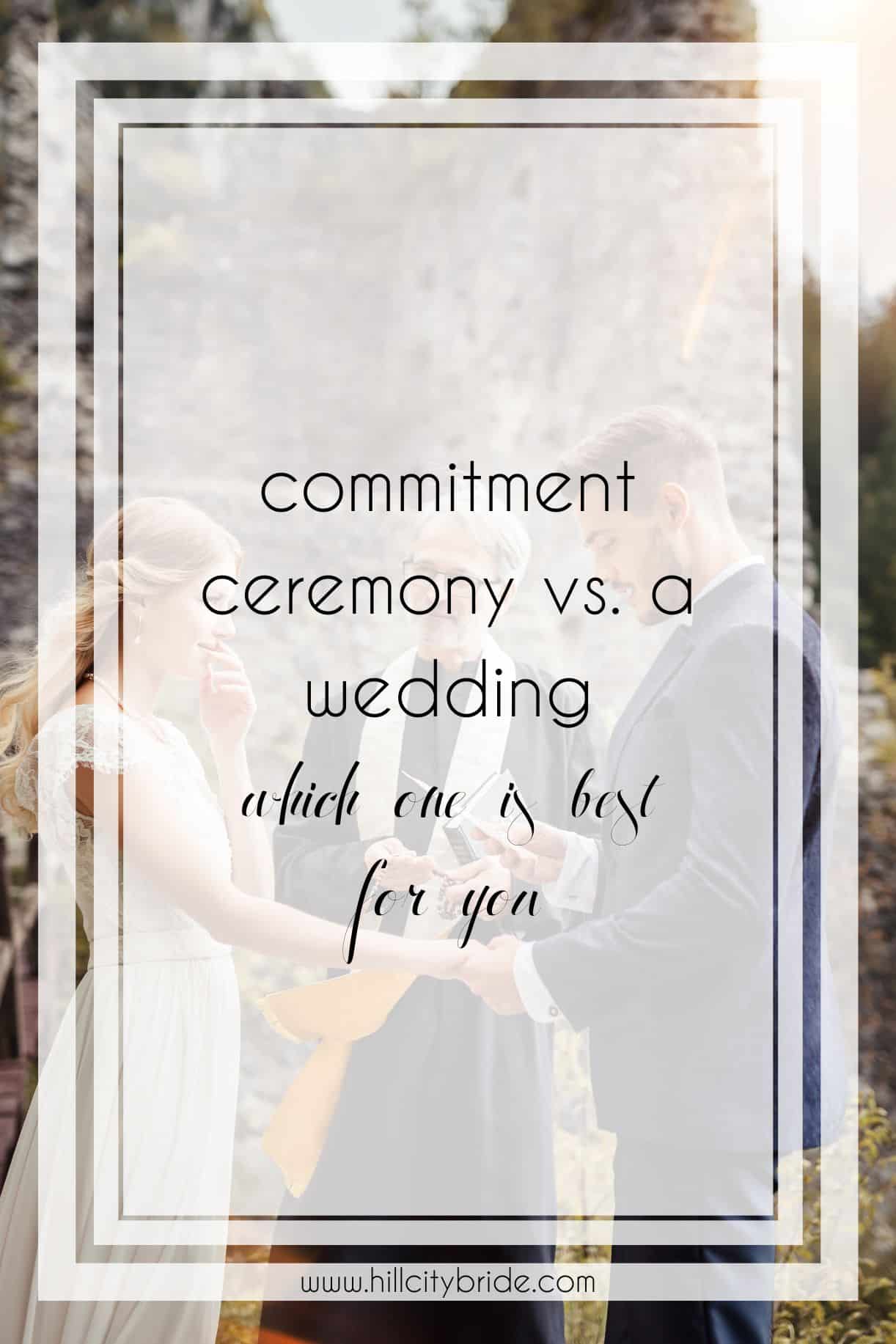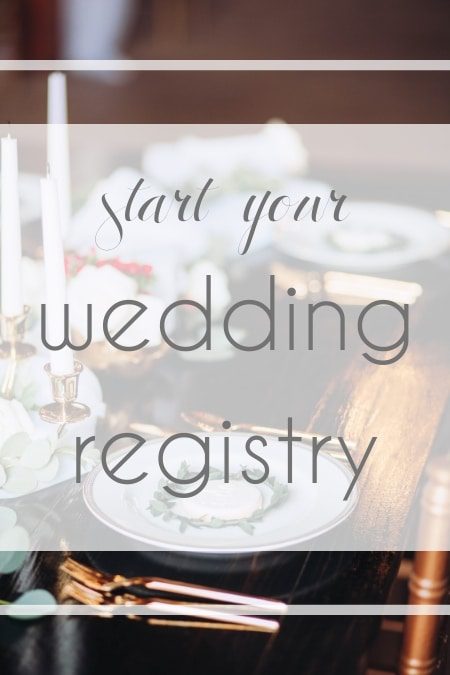Many couples are taking baby steps towards a legal bond, yet they still want to remain together as a couple. There are many reasons why people choose a commitment ceremony instead of a wedding. But is it right for you? And the big question is — do you tell your guests that you’re not getting legally married? Here are our thoughts on the topic of Virginia commitment ceremonies.
Should You Tell Your Guests If You’re Not Getting Legally Married at Your Ceremony?
There are various ways in which a couple can commit to one another. Some couples might decide that marriage is the perfect option.
However, some couples may feel that a commitment ceremony is a better solution. While you may be thinking, “Isn’t having a ceremony to commit ourselves just a wedding in disguise?” The answer is no. One of the most significant differences is that you are not bound legally.
While you can still include traditions and vow to spend your lives together, it isn’t like Virginia weddings.
What is a Commitment Ceremony?
By definition, a commitment ceremony is when two people pledge their lives to one another. It is similar to a wedding ceremony and consists of traditions, but it is not a legally binding ceremony.
Traditionally, these ceremonies were held for individuals who were unable to marry legally. Why? Possibly because of their sexual orientation, race, or another religious or cultural reason. These folks opted for a commitment ceremony in its place. However, many couples still use this ceremony to commit to one another without going through the legal steps of marriage.

Pros of Telling Guests You’re Having a Commitment Ceremony
Guests are typically close friends, coworkers, family, and other special people in your life who come together to celebrate your special day. Whether it’s a legal wedding or a commitment ceremony, the people you invite will still want to be there to celebrate your union.
Keeping your guests informed is essential for maintaining open and honest communication with everyone. Additionally, guests should understand and respect that decision. Your loved ones might feel hurt or upset if you lie to them about this. Doing so may create future problems.
Whether you’re having a Virginia wedding or simply committing to each other, include others. Your loved ones will still want to make the time to be there for it.
Cons to Telling Guests You Won’t Be Legally Married
Many guests might not understand why you choose a commitment ceremony over a marriage. If you don’t think your guests will understand, it may be time to rethink spilling the beans.
Choosing not to tell them it’s just a commitment ceremony can do more for your stress and damage control than divulging the truth. For many couples, it’s not just about you anymore once you start to involve your guests.
Of course, people have the right to choose if they want to attend. However, they might not take it seriously when you call it something other than a wedding.

Are there any downsides to having a commitment ceremony over a wedding?
Any couple can have a commitment ceremony, regardless of their background or identity. Many people who can marry choose to have a pledge instead. Sometimes this is because they don’t want to formally recognize or have restrictions on their marriage.
You may miss out on the legal benefits of being married, such as tax benefits or health insurance. Additionally, some cultures may not approve of taking a non-traditional route.
FAQ About Commitment Ceremonies
What happens at a commitment ceremony?
While it may resemble a wedding in some aspects, it does not carry the same legal implications as marriage. It is a personal and meaningful way for couples to express their love and commitment to each other in front of their loved ones. (Or just each other with the officiant.)
Are you husband and wife after a commitment ceremony?
No, they do not legally bind two individuals as husband and wife. It is not a legally recognized union, such as marriage. So, the couple does not receive the same rights and benefits that come with being legally married. However, for many couples, it holds just as much significance and meaning as a traditional wedding ceremony. To them, the legal recognition isn’t a factor.
What are the disadvantages of a commitment ceremony?
It doesn’t include the lack of legal protection and rights that come with marriage. For example, in the event of a breakup, the couple may not have the same legal rights to property, assets, or spousal support as a married couple would. Additionally, some people may face societal judgment. They may also experience a lack of understanding for not choosing a traditional marriage.
Why do people have a commitment ceremony instead of getting married?
Some couples may not believe in the institution of marriage but still want to publicly declare their commitment to each other. Others may be unable to marry legally due to restrictions or personal beliefs.
Some couples may prefer the flexibility and personalization that comes with a commitment ceremony. This allows them to create a ceremony that truly reflects their values and relationships. Ultimately, the decision to have a commitment ceremony instead of getting married is a personal one. It varies from couple to couple.
Save these ideas for your Virginia wedding.
Whether you choose to have a commitment ceremony or a wedding, there is no wrong answer. Both can still be wonderful ceremonies and receptions, whether or not there is a marriage license and legal binding at the end of them.


















